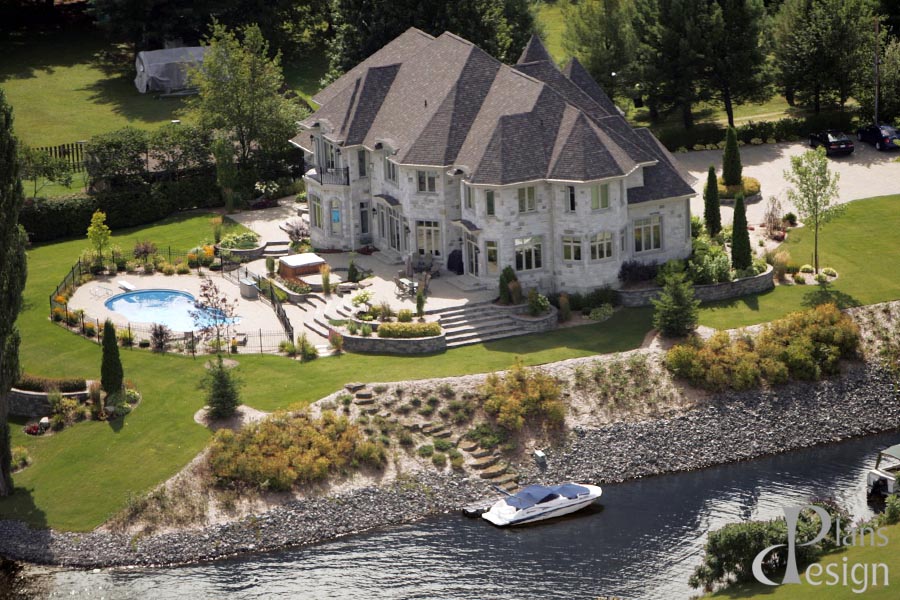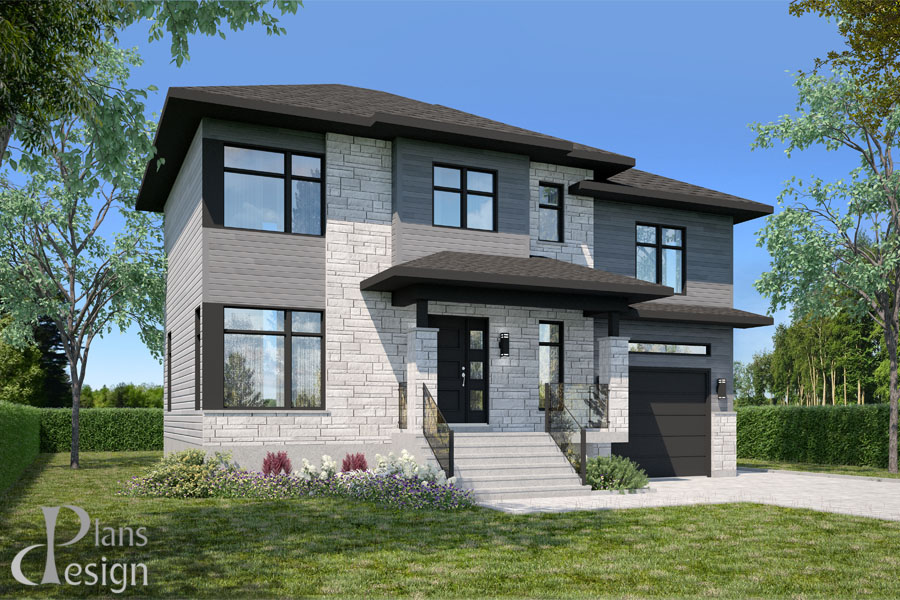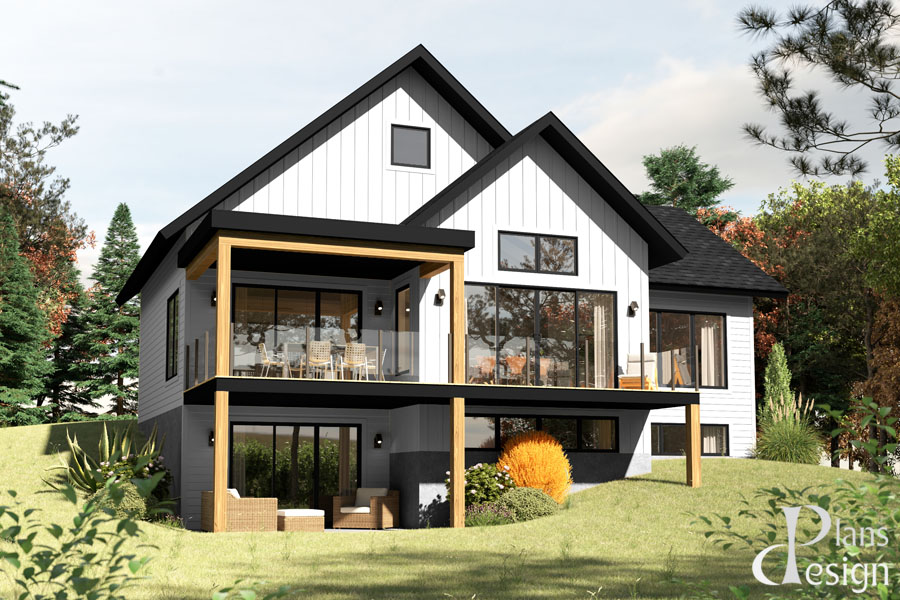If you are planning to build your house, one of the main steps in your adventure will be to evaluate the associated costs. How much does a house plan cost actually in Quebec? What factors influence this price, what other additional costs to consider and how to prepare a realistic budget? This guide will provide you with a comprehensive overview to help you plan your construction project with peace of mind.

Table of Contents
Introduction to House Plan Costs
When it comes to building a house, it all starts with the plan. The house plan is much more than just a drawing, it is the very foundation of your project: it brings your dreams to life, while guiding the professionals during the construction. However, the cost of a home plan can vary wildly, ranging from around $1,000 to over $15,000, depending on your needs.
In this article, we’ll explore the different factors that influence these costs, from the specifics of size, to business expenses and the often overlooked additional costs.
Different plan options and their costs
Here’s a look at the typical costs for different types of home plans in Quebec:
- Simple or standard plans purchased from the catalogue: Between $1,000 and $3,000
- Custom plans created by an architect: $5,000 to $15,000+
- Modifications to an existing plan: $500 to $2,000
- Hourly rates for architects or designers: $80 to $200+ per hour
Factors Influencing the Cost of a Home Plan
Several elements have a direct impact on the cost of your home plan, sometimes significantly. Here’s what to consider:
1. The location and costs of the land
Where you decide to build your home plays an important role in the cost of the project. In Quebec, land located in urban centres such as Montreal or Quebec City is generally more expensive than land in rural areas.
- Utilities : Land with sewers and a municipal water supply will be more expensive, but will reduce your expenses for alternative systems (such as wells or septic tanks).
- Topography : If your land presents geographical challenges (sloping terrain, rocky soil, etc.), additional costs for adapting the plan are to be expected.
Some municipalities also impose special regulations that may require costly adjustments to your home plan.
2. The size and complexity of the house
The larger and more complex your home, the higher the cost of your plan will be. What for? Because a large space requires more architectural details, as well as more complex calculations, to integrate all the systems and equipment.
- Average dimensions: A standard home in Quebec is between 1,200 and 2,000 square feet.
- Design Complexity: Simple, functional shapes (such as rectangular houses) are more economical than complex designs with multiple roofs or unique shapes.
Counsel: To reduce these costs, opt for a simple and clean design. You can always customize it once the house is built!
3. The choice of materials and systems
Another key factor is the selection of materials that influence not only the construction costs, but also the design price of the plan since they must be integrated efficiently.
- Economical materials: Wood, vinyl, melamine – perfect for modest budgets.
- High-end materials: Concrete, quartz or aluminum, which increase costs while providing superior durability.
In addition, mechanical systems (heating, ventilation) are important to include in the initial plan. For example, energy-efficient homes with solar panels require specialized calculations, increasing design costs.
Professional Fees and Services
In addition to the costs related to the land and the plan itself, there are also some specific business expenses.
Notary fees
When acquiring your land, you will need to consult a notary. These fees represent about 0.5% to 1.5% of the value of the property, including registration fees.
Survey fees
A precise site plan will be required to comply with municipal by-laws. These fees vary between $700 and $1,500.
Connection fees
If your property is not connected to municipal services, plan for additional fees for:
- Connect running water and electricity.
- Install a septic tank or dig a well in a rural area.
These fees can add several thousand dollars to the total budget.
Additional costs often forgotten
Building a house involves much more than just the cost of the house plan. Here are some additional expenses to expect:
Landscaping
A well-landscaped plot of land makes all the difference. However, these expenses are frequently overlooked. Depending on the size and complexity, set aside about 5-10% of your budget for:
- Ground leveling
- Installing a deck or lawn
- Decorative elements (trees, plants)
- Installation of an irrigation system
Taxes and permits
Before you start construction, you will need to pay a fee to obtain a building permit. These costs vary depending on the region and the type of home you want to build. Also, keep in mind that you will have to pay annual property taxes once the house is completed.
Exterior materials
Plans may include the overall appearance of your home, but details about the materials used are often omitted. What types of exterior siding do you want? Tiles, bricks, wood or vinyl? And what kind of windows and doors do you want?
These may seem like minor details, but these choices will impact the final appearance of your home as well as its long-term maintenance. For example, tiles may offer a more elegant appearance but will likely require more maintenance than vinyl.
It is also important to consider the geographical location of your future home. If you live in an area with a lot of precipitation or extreme temperatures, you may need to opt for stronger materials like steel or concrete.
Additionally, it is important to learn about the building regulations in your area. Some communities may have restrictions on the materials used or the exterior appearance of homes. It is essential to verify this information before making a final decision on materials.
Finally, don’t forget to look at your options in terms of sustainability and environmental impact. Nowadays, there are many eco-friendly and sustainable building materials available on the market. They can not only reduce your carbon footprint, but also save you money in the long run thanks to their energy efficiency.
Overall, choosing the right materials for your home is an important decision that can have a significant impact on its quality, cost, and environmental impact. By doing thorough research and considering all of these factors, you can make the best decision for your construction project.
Make your home an achievable dream
Designing a home plan in Quebec may seem complex, but by establishing your budget based on the elements mentioned and by focusing on good planning, you can start your project with peace of mind.
Need help designing a tailor-made plan or getting accurate estimates? Contact our team for a personalized consultation today. Our experts will be happy to help you turn your dreams into reality!

Other articles you may be interested in!
Custom house or standard plan: 2 inspiring options
Why designing garage plans is important: 6 simple and effective design steps
Home Extension: Design Effective Plans and Transform Your Space
Frequently asked questions
How much does a house plan cost in Quebec?
The price ranges from $1,000 to $15,000, depending on whether it’s a standard or custom plan, the complexity of the project, and the fees of the professionals.
What is the difference between a standard plan and a custom plan?
A standard plan is pre-designed and purchased as is, while a custom plan is designed specifically to your needs by an architect or technologist. The second is more expensive, but better suited to your preferences and constraints.
What are the hidden costs to expect when designing a house plan?
Among the costs often forgotten: notary fees, surveys, building permits, connection to municipal services, and landscaping.
Does a house plan include the materials to be used?
A plan may include suggestions, but it doesn’t always detail the exact materials. It is important to discuss the materials with the professional to ensure that they meet your needs and budget.
Can I edit an existing plan instead of creating a new one?
Yes, it is entirely possible to modify an existing plan, which can cost between $500 and $2,000, depending on the extent of the changes.



